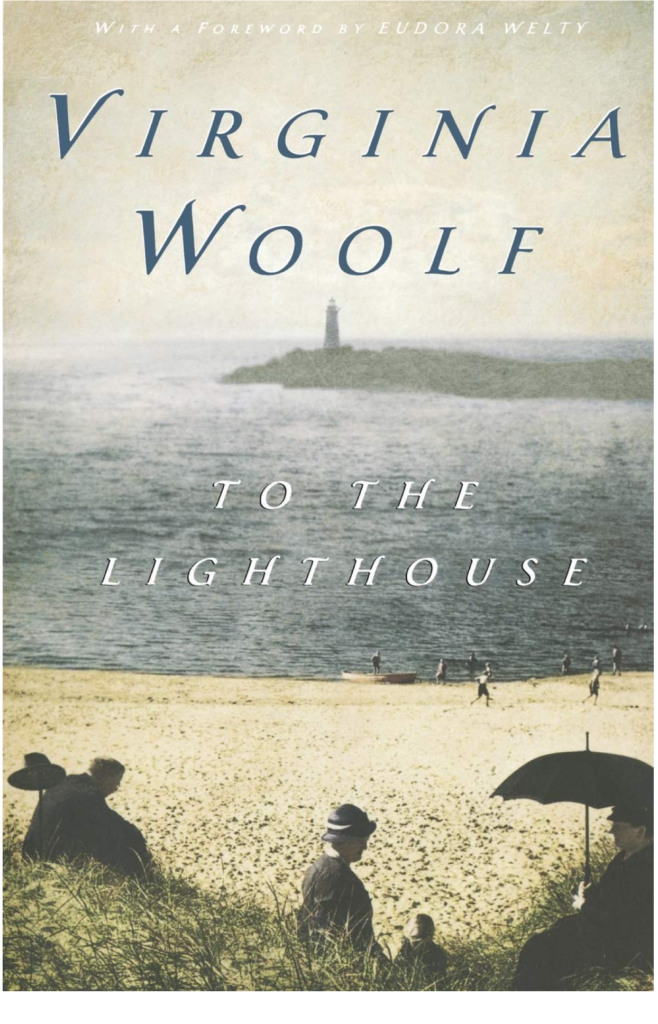Some people do not like Virginia Woolf’s work. Some do, including me. I only found my way into her world and her writing after reading A Room of One’s Own. Before that, I attempted and abandoned her very well known titles, including To the Lighthouse, The Waves, and Mrs Dalloway. Admittedly, I was merely a teenager with little worldly experience at the time and could not see any importance in Mrs Dalloway’s party at a time of misery for many others in the post First World War era. Judgemental and wrong, I was, back then. Over the years, I have come to realise that weighing creativity down only darkens the present world rather than brightens it.

For now she need not think about anybody. She could be herself, by herself. And that was what now she often felt the need of – to think; well not even to think. To be silent; to be alone. All the being and the doing, expansive, glittering, vocal, evaporated; and one shrunk, with a sense of solemnity, to being oneself, a wedge-shaped core of darkness, something invisible to others.
She had taken the wrong brush in her agitation at Mr. Ramsay’s presence, and her easel, rammed into the earth so nervously, was at the wrong angle. And now that she had put that right, and in so doing had subdued the impertinences and irrelevances that plucked her attention and made her remember how she was such and such a person, had such and such relations to people, she took her hand and raised her brush. For a moment it stayed trembling in a painful but exciting ecstasy in the air. Where to begin?—that was the question; at what point to make the first mark? One line placed on the canvas committed her to innumerable risks, to frequent and irrevocable decisions. All that in idea seemed simple became in practice immediately complex; as the waves shape themselves symmetrically from the cliff top, but to the swimmer among them are divided by steep gulfs, and foaming crests. Still the risk must be run; the mark made. With a curious physical sensation, as if she were urged forward and at the same time must hold herself back, she made her first quick decisive stroke. The brush descended. It flickered brown over the white canvas; it left a running mark. A second time she did it—a third time. And so pausing and so flickering, she attained a dancing rhythmical movement, as if the pauses were one part of the rhythm and the strokes another, and all were related; and so, lightly and swiftly pausing, striking, she scored her canvas with brown running nervous lines which had no sooner settled there than they enclosed (she felt it looming out at her) a space. Down in the hollow of one wave she saw the next wave towering higher and higher above her. For what could be more formidable than that space? Here she was again, she thought, stepping back to look at it, drawn out of gossip, out of living, out of community with people into the presence of this formidable ancient enemy of hers – this other thing, this truth, this reality, which suddenly laid hands on her, emerged stark at the back of appearances and commanded her attention.
A sort of transaction went on between them, in which she was on one side, and life was on another, and she was always trying to get the better of it, as it was of her…
Pray heaven that the inside of my mind may not be exposed.
And all the lives we ever lived and all the lives to be are full of trees and changing leaves.
What is the meaning of life? That was all—a simple question; one that tended to close in on one with years. The great revelation had never come. The great revelation perhaps never did come. Instead there were little daily miracles, illuminations, matches struck unexpectedly in the dark; here was one. This, that, and the other; herself and Charles Tansley and the breaking wave; Mrs. Ramsay bringing them together; Mrs. Ramsay saying “Life stand still here”; Mrs. Ramsay making of the moment something permanent (as in another sphere Lily herself tried to make of the moment something permanent)—this was of the nature of a revelation. In the midst of chaos there was shape; this eternal passing and flowing (she looked at the clouds going and the leaves shaking) was struck into stability. Life stand still here, Mrs. Ramsay said. “Mrs. Ramsay! Mrs. Ramsay!” she repeated. She owed this revelation to her.
And again she felt alone in the presence of her old antagonist, life.
I suppose that I did for myself what psycho-analysts do for their patients. I expressed some very long felt and deeply felt emotion. And in expressing it I explained it and then laid it to rest.